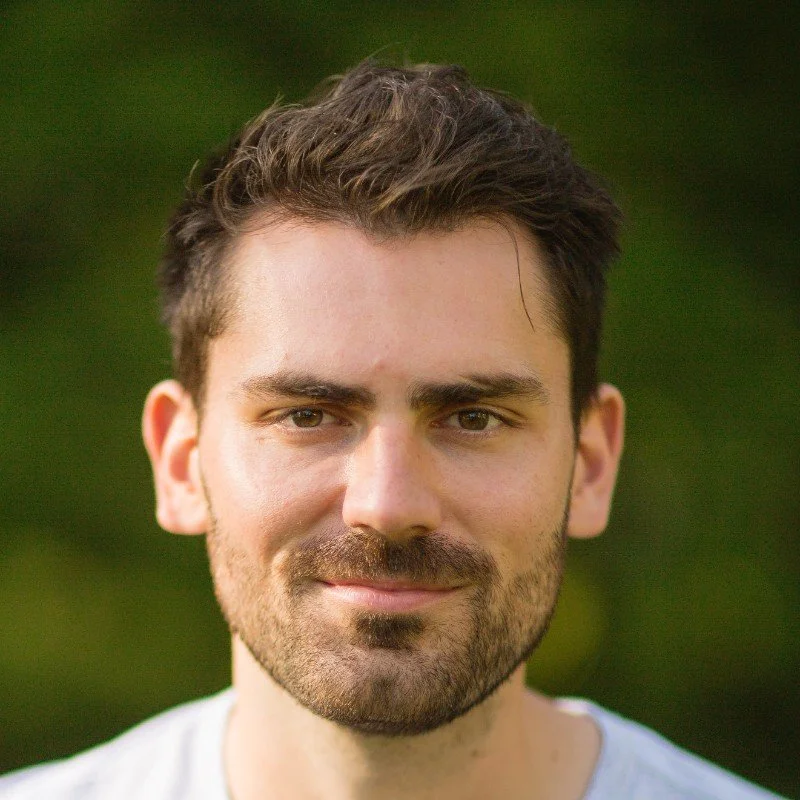Humanity’s Moment: A Climate Scientist’s Case for Hope w/ IPCC, Lead Author JOËLLE GERGIS - Highlights
/Lead Author of the IPCC Sixth Assessment Report
Author of Humanity’s Moment: A Climate Scientist’s Case for Hope
Sunburnt Country: The History and Future of Climate Change in Australia
Contributor to The Climate Book, ed. Greta Thunberg · Not Too Late, eds. Rebecca Solnit, Thelma Young Lutunatabua
is an award-winning climate scientist and writer at the Australian National University. She served as a lead author for the IPCC Sixth Assessment Report and is the author of and Sunburnt Country: The History and Future of Climate Change in Australia. Joëlle has also contributed chapters to The Climate Book by Greta Thunberg, and Not Too Late: Changing the Climate Story from Despair to Possibility, edited by Rebecca Solnit and Thelma Young Lutunatabua.















